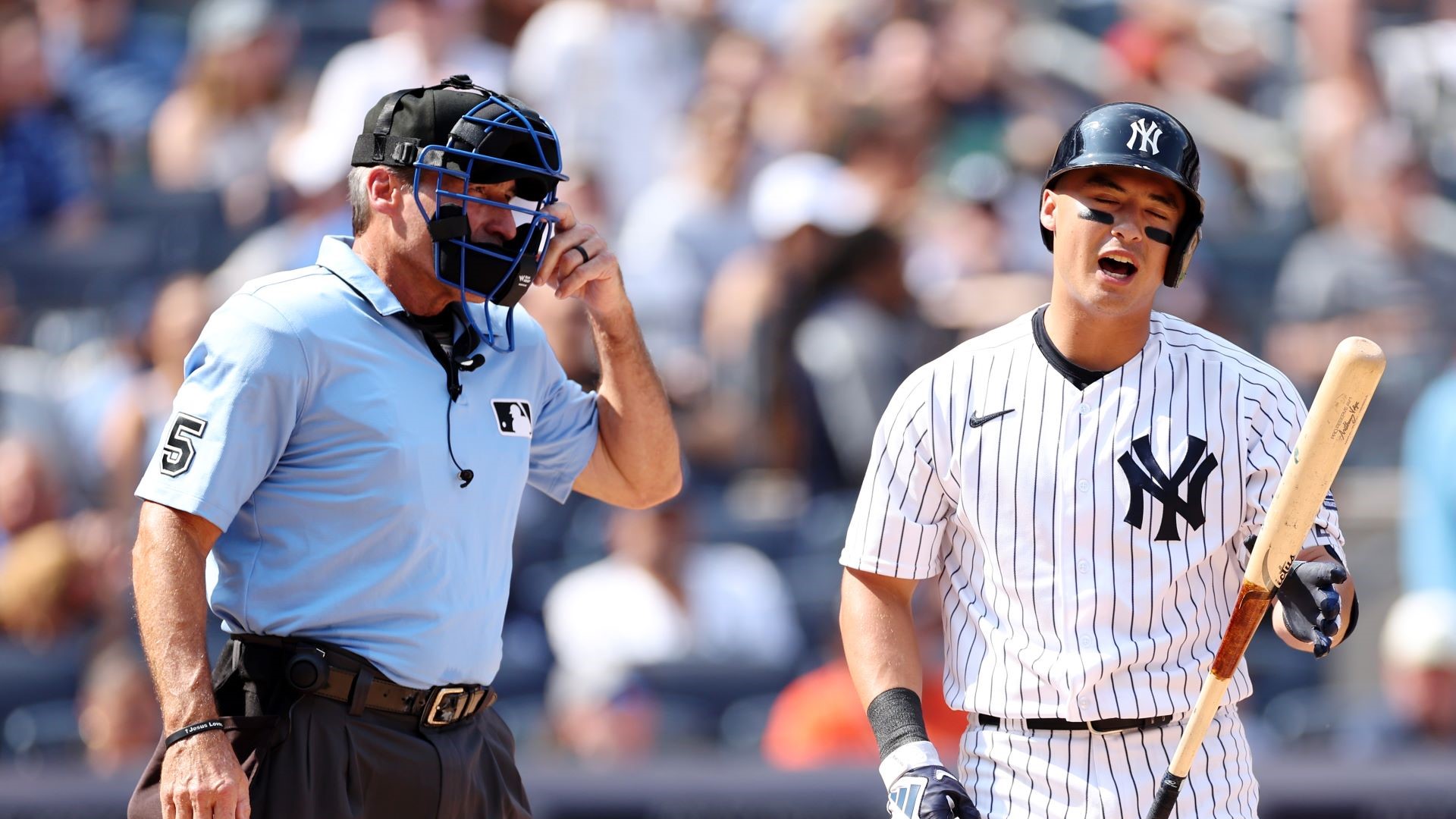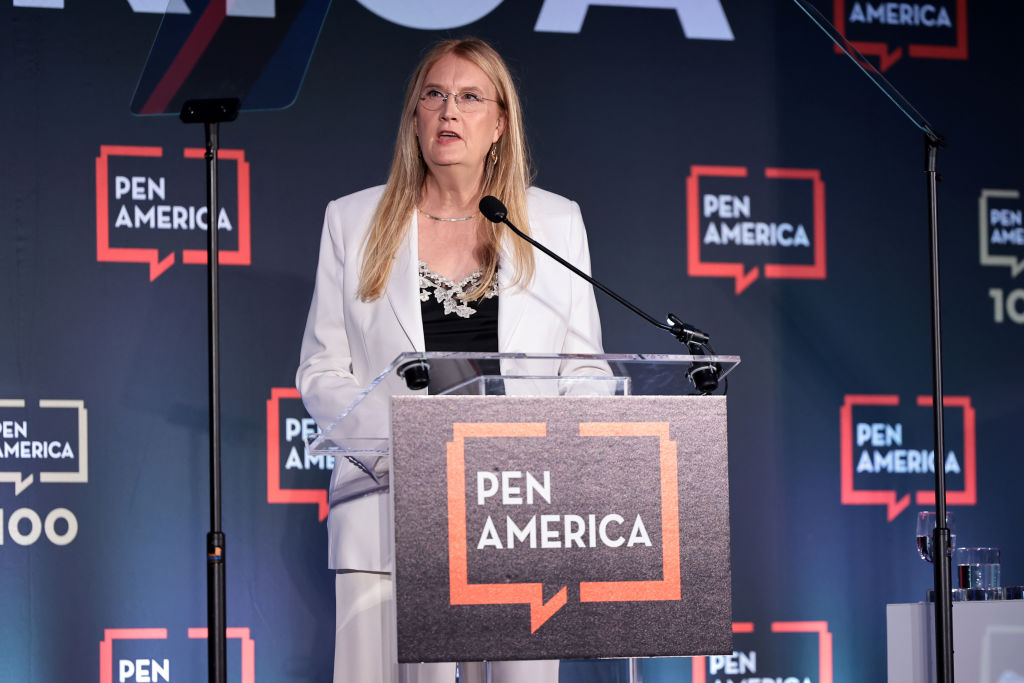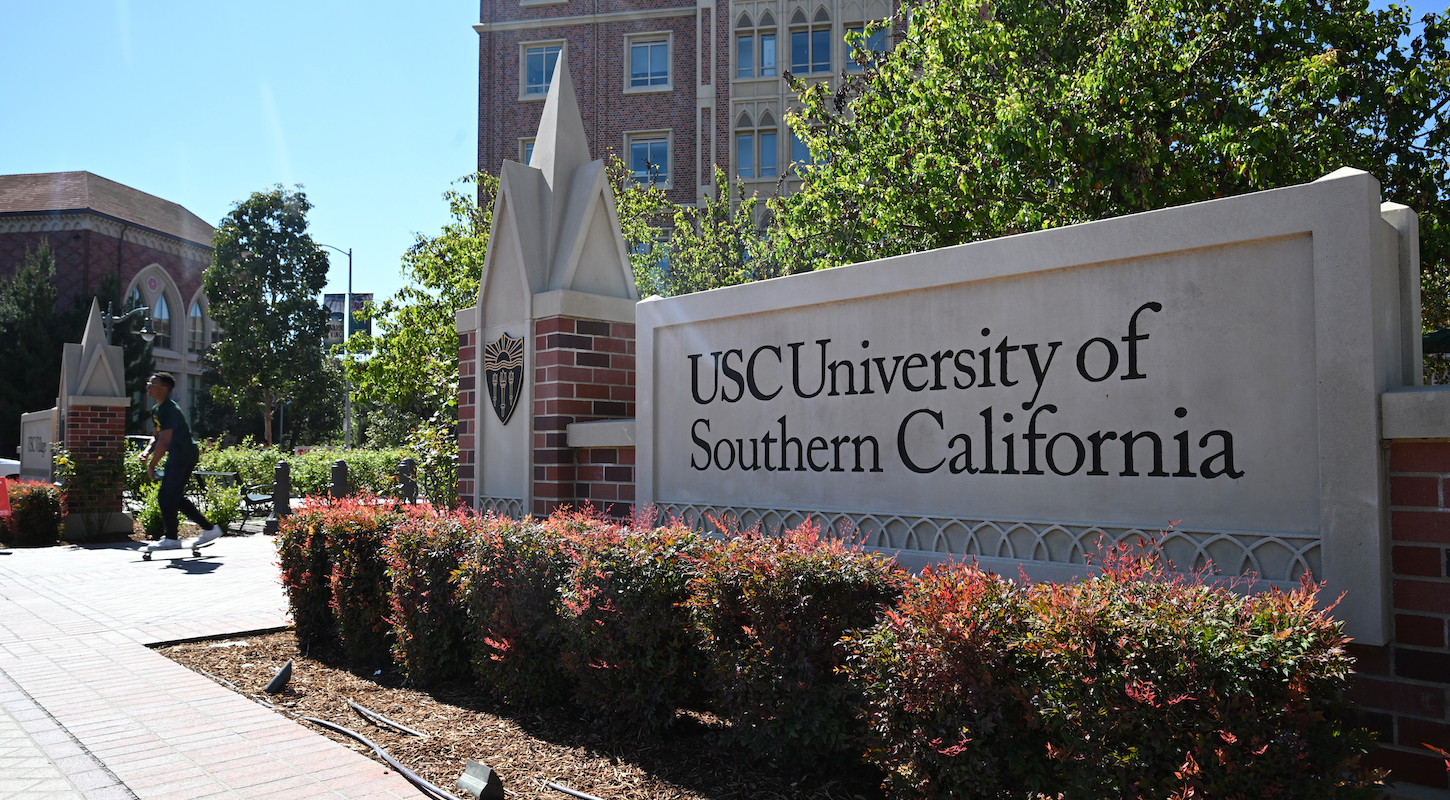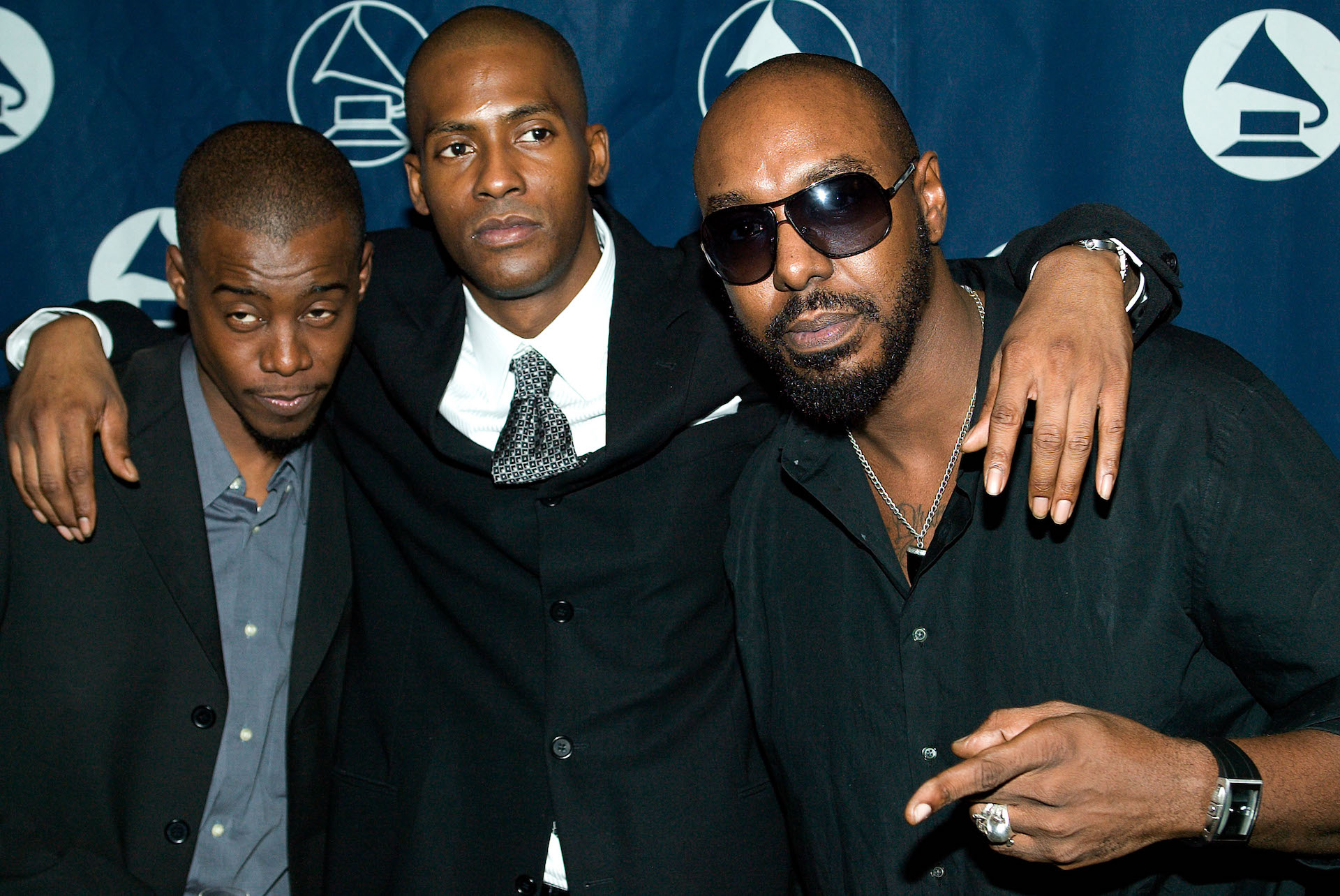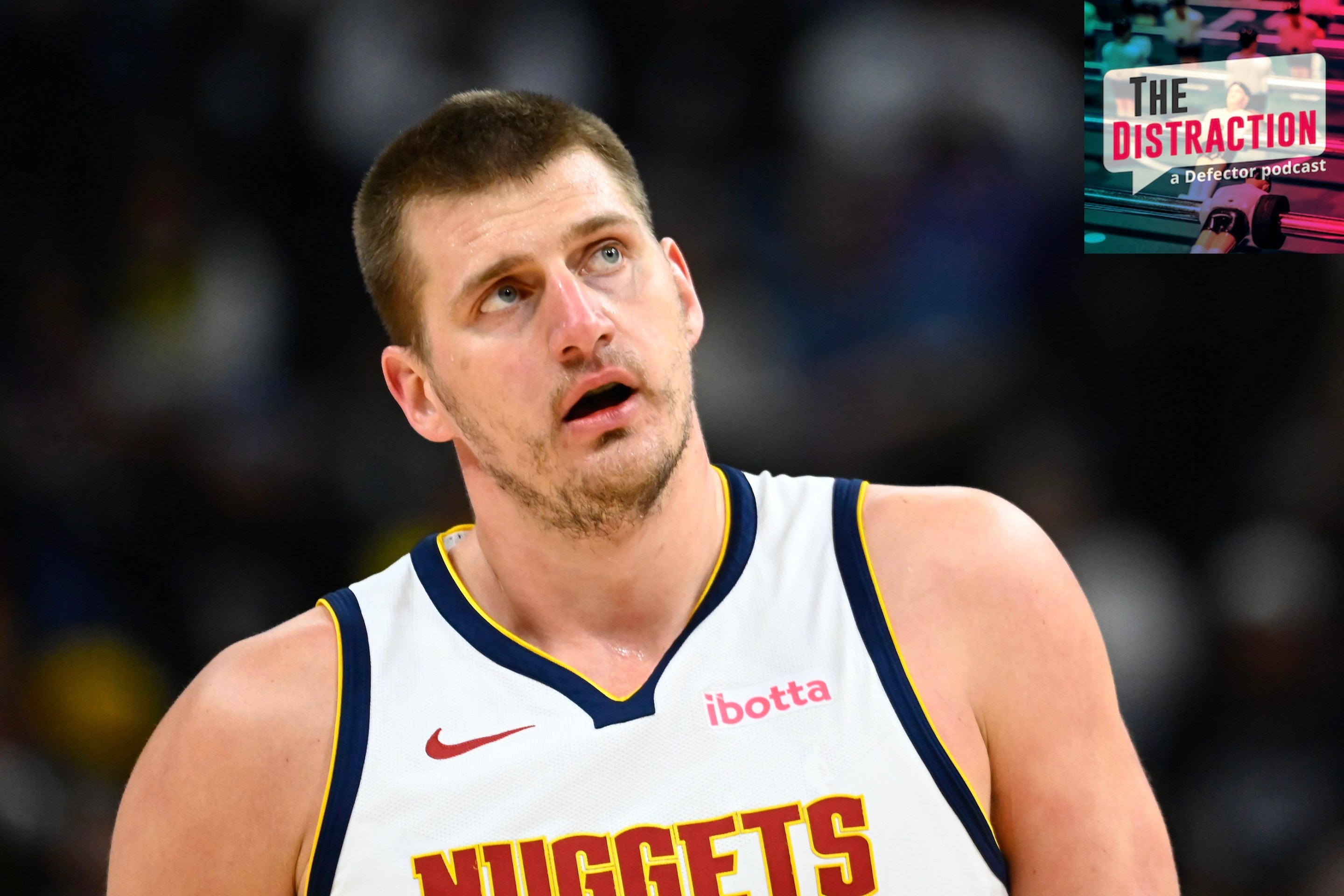MLB Owners Would Rather Play PR Games Than Negotiate
2:19 PM EST on February 4, 2022
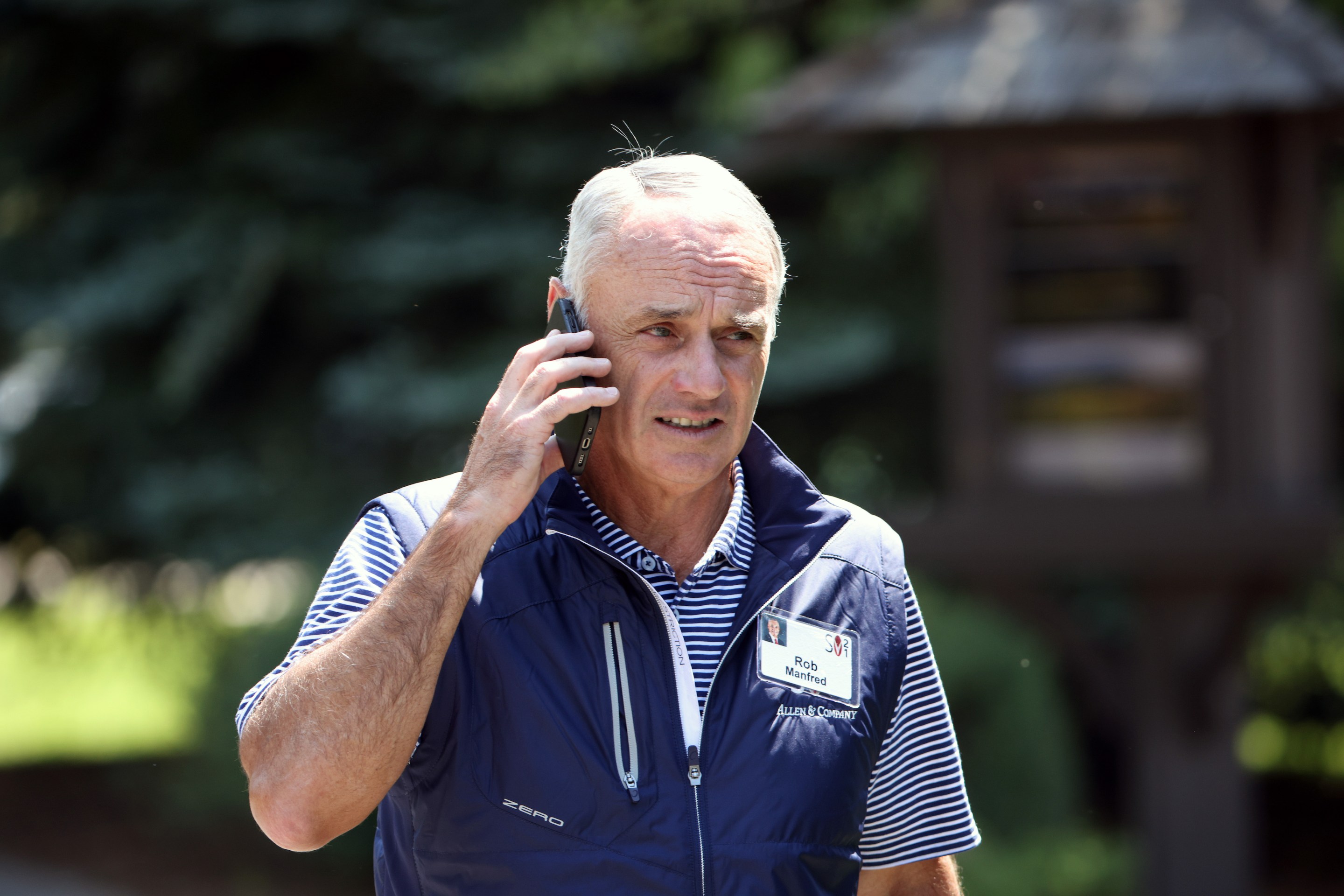
Defector has partnered with Baseball Prospectus to bring you a taste of their work. They write good shit that we think you’ll like. If you do like it, we encourage you to check out their site and subscribe.
This story was originally published at Baseball Prospectus on February 4.
It’s been said before that the lockout didn’t need to happen. That MLB’s owners and the Players Association could have just kept on negotiating after the expiration of the previous collective bargaining agreement, with no formal stop to the offseason’s activities, and then, if the 2022 season began without a deal in place, they would just continue on with the previous CBA still in effect until there was a new one. Instead, the league negotiated for months as if a lockout was their primary goal, even refusing to let the players see their full economic proposal unless they agreed to drop all discussion of basically everything relevant to economics. They locked out the players the second the CBA expired, and then sat on their hands for six weeks until finally meeting with the PA again in January, moving very little in the process. And now, they’re calling the federal government to help them figure out who crashed the hot dog car through that window.
As ESPN’s Jeff Passan reported first on Thursday, Major League Baseball has reached out to the United States government for a federal mediator “to help resolve the sport’s lockout,” which could bring the Federal Mediation and Conciliation Service into the bargaining proceedings to help the two sides work things out. Now, there are multiple reasons why MLB could be doing this. It’s possible that there is a little bit of a split between the people actually doing the negotiating and overseeing things—deputy commissioner Dan Halem, whose past includes time working in labor law, and commissioner Rob Manfred, who got to where he is today in large part due to his own role in MLB’s labor history under Bud Selig—and the owners they work for, who are historically largely unhelpful in these situations and mostly cause trouble if they are caught giving quotes on labor conditions. Ask Dick Monfort about that for a recent example. So, with the two sides getting nowhere in talks in time to avoid missing spring training and potentially spring training games, too, it’s not difficult to believe Halem and Manfred want to get things moving a bit by getting a third party into the room to get the owners to see reason.
Just because I am typing it doesn’t mean I believe it, though. Halem, like Manfred before him, doesn’t have this job because he expects to lose, and it seems too early in the process for there to be any kind of split between the negotiators and the owners they work for in regards to the process. It’s just worth putting out there as a possibility for now. Much more likely is that the owners’ side believed that the threat of missing games and paychecks was going to be enough to break the union, especially after 2020’s pandemic-shortened season and smaller salaries. Now, it’s February, and spring training is supposed to be starting up soon. It clearly will not, which means spring training games are in danger, and, given where this process seems to be and how little progress is being made in it, regular season games are in realistic danger, too.
In the previous meetings between the league and the union, Halem reportedly told the player reps that MLB was “willing to lose games” over some of the core economic disputes that remained on the table. As I wrote at the time:
MLB might not be willing to lose games, even if they are saying otherwise to the players, but they need the players to believe that they’re deadly serious here, or else the lockout has no teeth. If the players know it’s all bullshit artistry and posturing, then they can simply wait for the moment when the owners are going to cave because they don’t want to miss out on spring training broadcasting revenue or whatever in order to get a better deal. You know, like the owners are hoping will happen to the players first, that they’ll be concerned about the possibility of losing out on 2022’s paychecks and will trade in long-term changes for short-term benefits, i.e. the entire point of starting this lockout in the first place.
That’s the key to it all from where I sit. The owners wanted the players to believe they were serious about missing games in order to get what they wanted. The players did not take the bait, and ceded a little ground, but not much, in their next proposal. MLB has responded to that by contacting the federal government and letting the PA know that they will not be submitting a counter proposal to the union’s latest, after all. This is aggressive, and it’s happening because the plan isn’t working.
The players were supposed to crack by now. They have not. Whether it’s the owners or Halem or Manfred or all three, the league is realizing that the players are not going down as easily as they have in the past, and that league revenues might actually be in jeopardy if this drags on. The owners should have seen this coming, considering the league’s track record with subtly directing everything in their favor is far superior to the numbers they put up in direct, open conflict, but, like the players for too long before them, maybe they have simply forgotten their own history.
So, now we have MLB looking for a mediator, and refusing to engage further with the PA until they get one. The union, it should be said, does not need to accept this request for a mediator, and doesn’t really have much of a reason to do so, either: accepting it might assume a level of good faith on MLB’s part that they simply do not deserve to have bestowed upon them. Which might also be what the league is getting to, in an attempt to make the union look bad for refusing to bring on someone who could conceivably help move the process along. Union lawyer Eugene Freedman got into this a bit on Twitter after the announcement, and The Athletic’s Evan Drellich already wrote about how this could be a “win-win” public relations maneuver for the owners more than a genuine attempt to move things along.
It’s important to point out that mediators are not arbitrators—a binding decision would not be handed down from on high were this process to happen. However, mediation takes time, and if the owners’ hope here is that a mediator makes it more difficult for the union to stand together as the season approaches, then they might get this lockout plan to work in the end. The thing is, though, that the league is making the same bet they did over the summer, and in the fall, and in the winter thus far. That threatening a lockout and then enacting a lockout would get them what they want from the players, breaking the union’s solidarity and allowing the league to go on with their plan of limiting choice and codifying all the worst parts of the 2016 CBA. It hasn’t worked yet. It might not work in the future, either, and this is in large part due to the loophole exploitation of that 2016 agreement, the owners’ behavior during negotiations for the 2020 season, and their clear refusal to take bargaining seriously this time around. The players are mad, and they understand what has happened to them, and presumably, what will happen to them if they give in any further, too.

MLB is taking a risk here, and might end up hoisted by their own petard if it turns out the players are not going to break and the owners really are the ones afraid of missing out on in-season revenue. They don’t want to lift the lockout on their own, however, as that would make it all too obvious that all of this—the lockout, the seemingly premature request for a mediator, the protesting too much about the willingness to miss games—was a bluff to get the players to crack. They could lift the lockout, get back to the table, and let the status quo run 2022 until the two sides can make a deal for a new CBA. The only reason not to do so is if they fear an eventual strike from the players, and the only reason to fear a potential strike is if the league is planning to continue to avoid taking all of this as seriously as they should, thereby creating a bargaining impasse that allows the players the right to strike in the first place. Which… well, yeah, that’s probably what would happen, considering all that’s brought us to this specific conversation.
The owners clearly have some tricks left to work through, as they’re unwilling to make serious movement, and now, to even meet the union at the bargaining table again. We’ll see if this mediator gambit pays off for them, but it just feels like, once again, they’re underestimating how much the union wants to close off loopholes and keep the future from getting worse for them and for members to come—even if it is at the expense of the present.
If you liked this blog, please share it! Your referrals help Defector reach new readers, and those new readers always get a few free blogs before encountering our paywall.
Stay in touch
Sign up for our free newsletter
